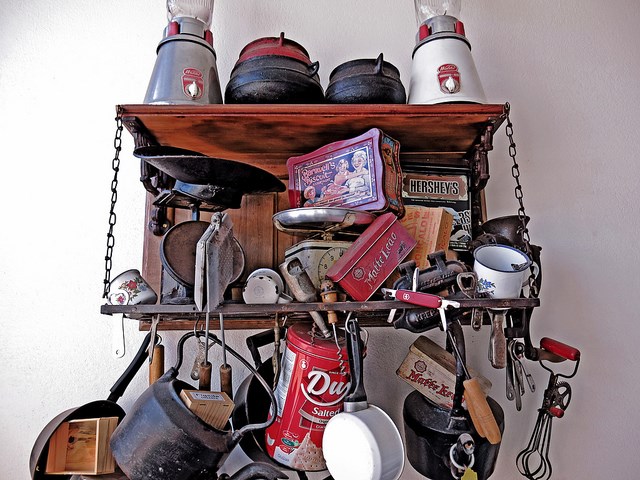We often use this editorial space to bemoan Squamish’s shortcomings, and that is a vital role of a local paper. But we also like to sing the town’s praises when things go right, too.
Whether by necessity or by the nature of our sustainability-minded population, Squamish has thriving sharing and second-hand economies.
We should be proud of our willingness to shop and trade recycled goods.
We have our beloved Random Clothing consignment store, Pearl’s Value & Vintage, Treasure Boutique and other second-hand shops, for gently used items.
There’s also plenty of up-cyclers like Peter Poburan of the Reclaim Factory, who turn our “trash” into new and better, one-of-a-kind items. And of course we have Squamish ReBuild for vintage construction supplies.
The kids up at Quest University have reusing down to a science. At the end of each semester, the students — many from far off locales — put things they can’t take home in piles for other students to come and take.
Everything from winter coats not needed by the graduating student heading back to a hot homeland to skateboards or rice cookers that are too heavy and therefore expensive to take on a plane is up for grabs.
We have plenty of online buy, sell and swap options in Squamish too. On Facebook, Squamish Women’s Clothing & Accessories Resale does brisk business with more than 3,300 members. And though it only has about 400 members, Squamish Food Swap & Share on Facebook often has eats worth picking up.
Some online forums even offer items for free, such as the Squamish Free Stuff and Britannia Beach Free Stuff pages.
Of course, if we all stopped shopping at regular brick and mortar stores selling new items, that would hurt Squamish small businesses, but we seem to have found a sweet spot where we support both.
And we are part of an increasing Canadian trend.
A total of $1.9 billion in goods were granted a second life in Canada in 2016, according to the Kijiji Second-Hand Economy Index 2017 report.
The most exchanged items are clothing, shoes, and accessories, followed by entertainment products and then baby clothing and accessories, according to the report.
Canadians saved, on average, $843 in 2016 by acquiring used goods instead of new. Sellers make an average of $1,037 a year from hawking their wares.
If you haven’t checked out some of our local second-hand options, do so.
If you have a unique way of recycling or up-cycling we have left out, let us know. Email [email protected].



